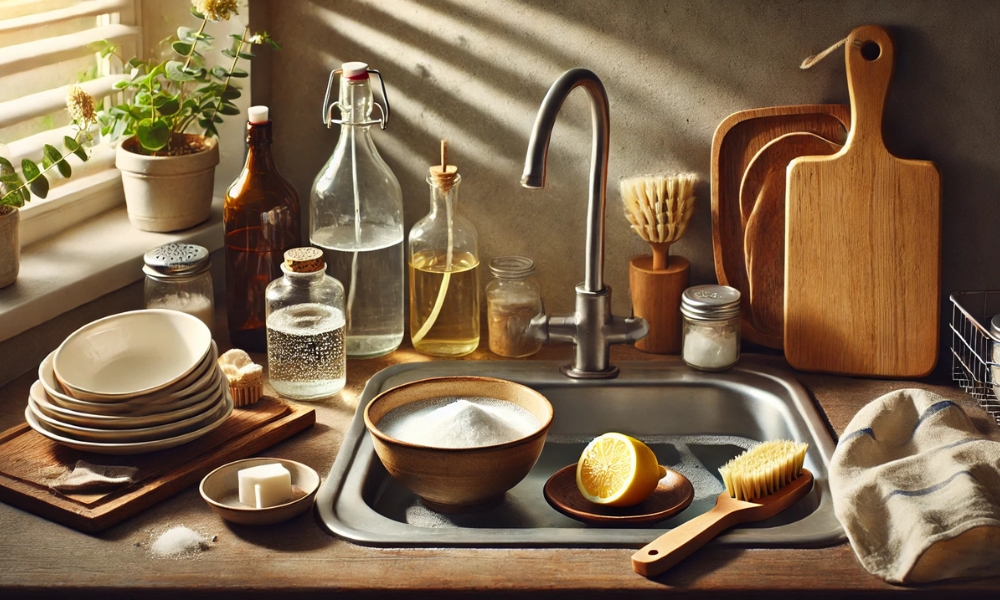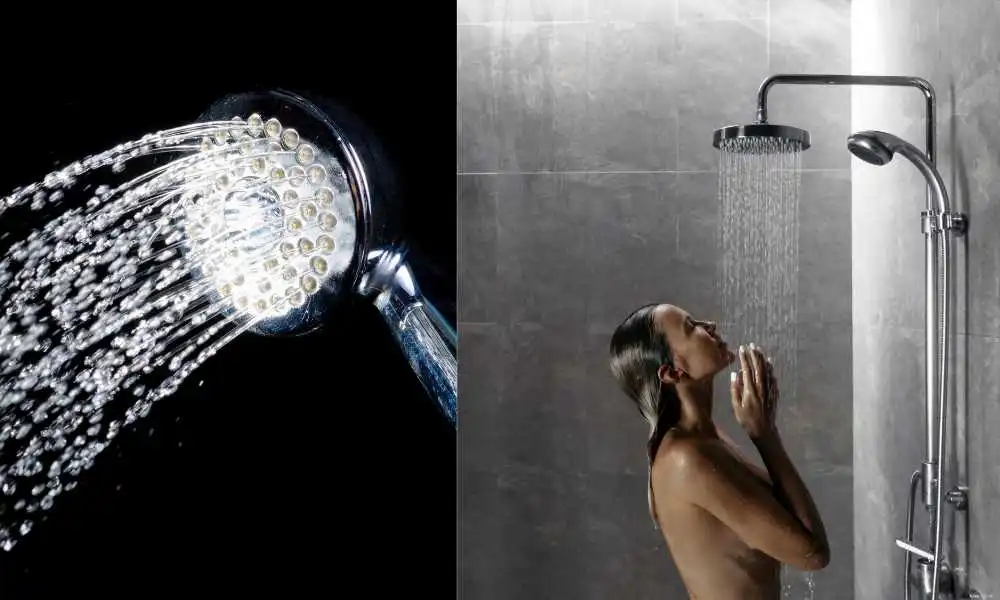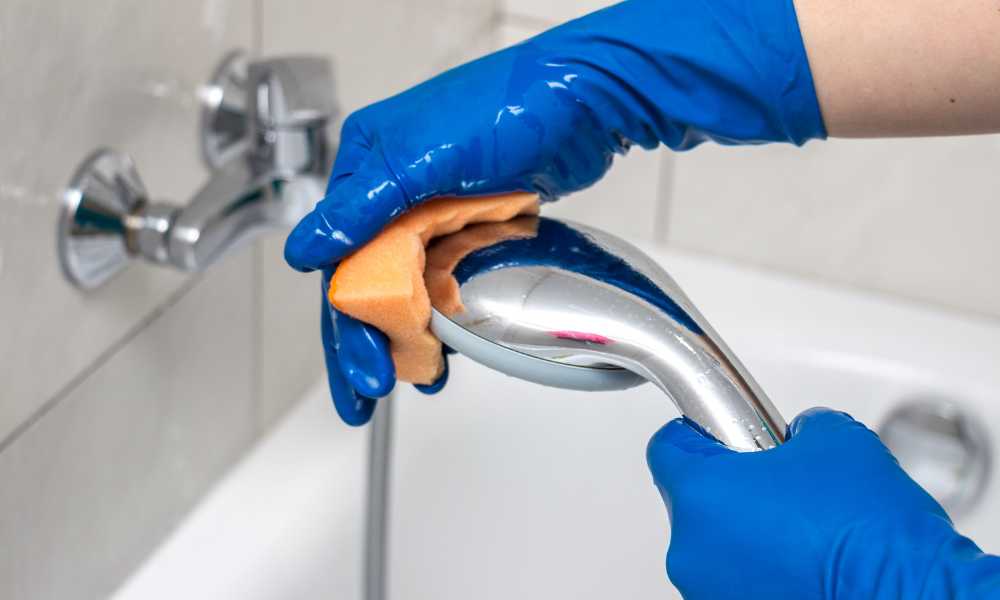Wash dishes without dish soap may sound unusual, even unconventional, but it’s a technique with roots in traditional, natural cleaning methods. There’s a unique art to removing grease, residue, and odor from dishes using only simple ingredients and careful technique. Soap-free dishwashing not only appeals to those looking to reduce chemical usage but is also invaluable when dish soap runs out or for those with allergies to conventional cleaning products. Let’s explore the range of methods and ingredients that can make dishwashing clean, green, and efficient without the need for soap.
Why You Might Want To Wash Dishes Without Dish Soap
Soap-free dishwashing has merits beyond just practicality. Many people find it gentler on their hands, while others appreciate the environmentally friendly aspect of avoiding chemical-laden products. If you’re striving for a minimalist lifestyle, living off the grid, or looking to cut down on plastic consumption, skipping dish soap can make an impact. Additionally, soap residue on dishes, which is often hard to rinse off entirely, can be a concern for those sensitive to chemical additives or synthetic fragrances.
Benefits Of Going Soap-Free: Eco-Friendly, Budget-Friendly, And Healthier
Washing without soap is both economically and ecologically sound. For starters, it eliminates the need for single-use plastic bottles and reduces chemical runoff into the environment. Soap-free methods use readily available ingredients, most of which are kitchen staples. The result is a low-cost, all-natural cleaning solution. Furthermore, going soap-free is gentler on skin and beneficial for people with allergies to synthetic chemicals, offering a hypoallergenic approach to daily cleaning.
Understanding The Alternatives To Dish Soap
Soap-free cleaning relies on natural ingredients with gentle yet effective cleaning properties. Basic pantry items such as baking soda, vinegar, lemon, and salt can work wonders in lifting grease and disinfecting surfaces. Each ingredient offers unique properties: baking soda’s mild abrasiveness, vinegar’s acidity, salt’s scrubbing power, and lemon’s natural oils all contribute to a clean, residue-free finish.
Preparing For Soap-Free Dishwashing
Before diving into soap-free cleaning, gather a few essentials. You’ll need a clean sponge or dish brush, hot water, and your choice of alternative cleaning agents like baking soda, vinegar, or lemon. Having a microfiber cloth on hand for drying can also ensure a streak-free shine. Organize your ingredients for easy access, as combining them in various ways can tackle different dishwashing challenges.
Harnessing The Power Of Hot Water
Hot water is fundamental to effective soap-free dishwashing. The higher temperature breaks down grease on dishes, loosening stuck food particles and making them easier to remove. Begin each wash session by filling your sink or dishpan with hot water, soaking greasy items first to start breaking down the oil. With the help of a brush, hot water can often handle much of the mess on its own, especially when paired with gentle scrubbing.
Using Baking Soda For A Deep Clean
Baking soda, a natural abrasive, can lift grime from dishes without scratching surfaces. Sprinkle it on dishes as you wash, using a sponge or brush to scrub. Baking soda’s alkaline properties cut through grease and neutralize acidic odors, leaving dishes both clean and odor-free. For tougher grime, create a paste with baking soda and a small amount of water, applying it directly to stubborn spots.
Vinegar: A Natural Rinse Agent And Cleaner
Vinegar is invaluable in the soap-free cleaning routine. With its high acidity, it acts as both a rinse agent and a powerful cleaner. Rinse dishes in a mixture of one part vinegar to four parts water to dissolve any lingering residue. Its natural disinfecting properties kill bacteria, while its deodorizing ability leaves dishes smelling fresh. Use it especially for glassware and silverware to prevent water spots and create a gleaming finish.
Salt: A Scrub Powerhouse For Stubborn Messes
Salt’s gritty texture makes it an ideal natural scrubber. When faced with burnt-on food or greasy pans, sprinkle coarse salt directly on the surface, using a damp sponge or brush to scrub. Salt’s granules can penetrate the toughest residues without scratching, making it an excellent tool for cast iron skillets and stainless-steel pots. For stubborn, baked-on food, add a bit of vinegar to the salt for an extra cleaning boost.
Lemon: Nature’s Deodorizer And Grease Cutter
Lemon’s acidic juice and essential oils make it a powerhouse in soap-free cleaning. The acid cuts through grease, while the scent eliminates lingering odors. Cut a lemon in half and rub it directly onto greasy dishes or add its juice to hot water for a light, refreshing cleanse. Lemon also neutralizes strong food smells, leaving dishes with a subtle citrus scent. Combine it with baking soda for a naturally foamy cleaner.
Creating A Homemade Dish Cleaner Mixture
For a comprehensive homemade cleaner, combine two parts baking soda with one part salt and a few drops of lemon juice or vinegar. This mixture provides scrubbing power, grease-cutting action, and deodorizing effects in one. Store it in an airtight container, and use a spoonful as needed. This blend works particularly well for high-traffic items like pots and pans or for cleaning stubborn messes on plates and utensils.
The Power Of A Dish Brush And How To Use It
A sturdy dish brush is an essential tool for soap-free washing. With its bristles, it reaches into nooks and crannies where sponges might not. For greasy or burnt surfaces, use firm circular motions, which activate the scrubbing agents. Choose a brush with a comfortable grip for efficiency and ease. A dedicated brush can also help keep your hands free from excessive contact with hot water.
How To Clean Greasy Pans Without Soap
Start by adding hot water to the greasy pan, followed by a sprinkle of baking soda and salt. Let it sit for a few minutes, then scrub with a brush. For more persistent stains, add vinegar to the pan, creating a gentle, bubbling reaction that lifts grease. A few drops of lemon juice can also be added for fragrance and extra grease-cutting power. Rinse with hot water, and you’ll find the grease lifted without needing soap.
Tackling Food Residue And Sticky Messes
Sticky or dried-on food can be softened by soaking dishes in hot water. Add a spoonful of salt or a dash of vinegar to help break down residues. Scrub gently with a brush or sponge, adding a little baking soda to tackle any remaining spots. These ingredients are effective enough to remove even the most stubborn messes, without leaving an aftertaste or residue.
Managing Odors Without Dish Soap
For lingering food odors, lemon juice or vinegar provides a natural solution. Add a few tablespoons of vinegar to a bowl of hot water and rinse your dishes. Alternatively, rub a lemon wedge over odorous dishes or add lemon juice to your final rinse. Both options are powerful deodorizers and leave dishes with a fresh, clean scent without needing additional fragrances.
How To Dry Dishes Efficiently After Washing Without Soap
Air drying dishes are both energy-efficient and hygienic. Use a clean, absorbent microfiber cloth to remove excess water or streaks, especially for glassware. To avoid water spots, dry items immediately after rinsing. Place dishes in a rack, allowing them to air dry completely before storing. This step keeps them sparkling and ready for the next use without residue buildup.
Eco-Friendly Tips For A Greener Dishwashing Routine
A sustainable approach to dishwashing reduces waste and conserves resources. Opt for natural sponges, reusable cloths, and brushes made from eco-friendly materials. Collect greywater (used dishwater) for garden use if appropriate, and consider composting lemon peels after use. With these small adjustments, the soap-free routine supports an eco-friendly lifestyle, aligning with efforts to reduce household waste.
Faqs:
How To Clean Dishes Without Dish Soap?
Cleaning dishes without dish soap is easy using common kitchen ingredients. Start by soaking your dishes in hot water to loosen food residues. Add a few tablespoons of baking soda, which helps lift grime and grease naturally. For stubborn spots, sprinkle baking soda directly on the surface and scrub gently with a sponge or brush. If you want extra shine, add a splash of vinegar, which works as a natural disinfectant and helps break down oils. Rinse thoroughly with warm water, and your dishes will be clean, residue-free, and ready for use.
Will Soap-Free Washing Remove Bacteria?
Yes, using hot water and natural disinfectants like vinegar provides effective bacteria removal. Hot water breaks down food residue and grease, while vinegar’s acidity works as a natural antibacterial agent, ensuring your dishes are thoroughly cleaned.
Is Washing Without Soap Safe For All Types Of Dishes?
Generally, yes. Most dishes, including everyday glassware, cutlery, and cookware, can be safely cleaned without soap. However, delicate items like crystal or fine china require a gentler approach, as hot water and natural abrasives like baking soda or salt can damage their surfaces. For these items, stick to a soft cloth and mild cleaning techniques.
What Can Be Done For Particularly Tough Stains?
For stubborn stains, a paste made from baking soda, salt, and a few drops of vinegar works as a powerful yet gentle solution. Baking soda’s mild abrasiveness combined with salt’s scrubbing action and vinegar’s dissolving power make this mixture ideal for tackling tough, baked-on food and grease stains without scratching.
How To Remove Persistent Smells Naturally?
Lemon juice or vinegar can effectively neutralize strong odors left by foods like garlic, onion, or fish. Lemon’s natural oils not only remove odors but also leave dishes with a light, pleasant scent. Simply rub a cut lemon on the dish or rinse with a vinegar solution to refresh your dishes naturally.
What To Do When Food Particles Remain Stuck?
For stubborn, stuck-on food particles, soak dishes in hot water with a generous amount of baking soda, which helps soften and lift the residue. Then, use a brush to gently dislodge particles, ensuring surfaces stay scratch-free while achieving a thorough clean.
Conclusion
Cleaning dishes without soap is a viable and sustainable alternative that uses natural ingredients to achieve excellent results. From hot water’s grease-fighting power to the gentle abrasiveness of salt and baking soda, these everyday items provide effective cleaning without the need for chemicals. By adopting these simple techniques, you can achieve sparkling, fresh-smelling dishes while supporting a more eco-friendly, budget-conscious lifestyle. Embrace the soap-free approach, and rediscover the art of natural dishwashing.


